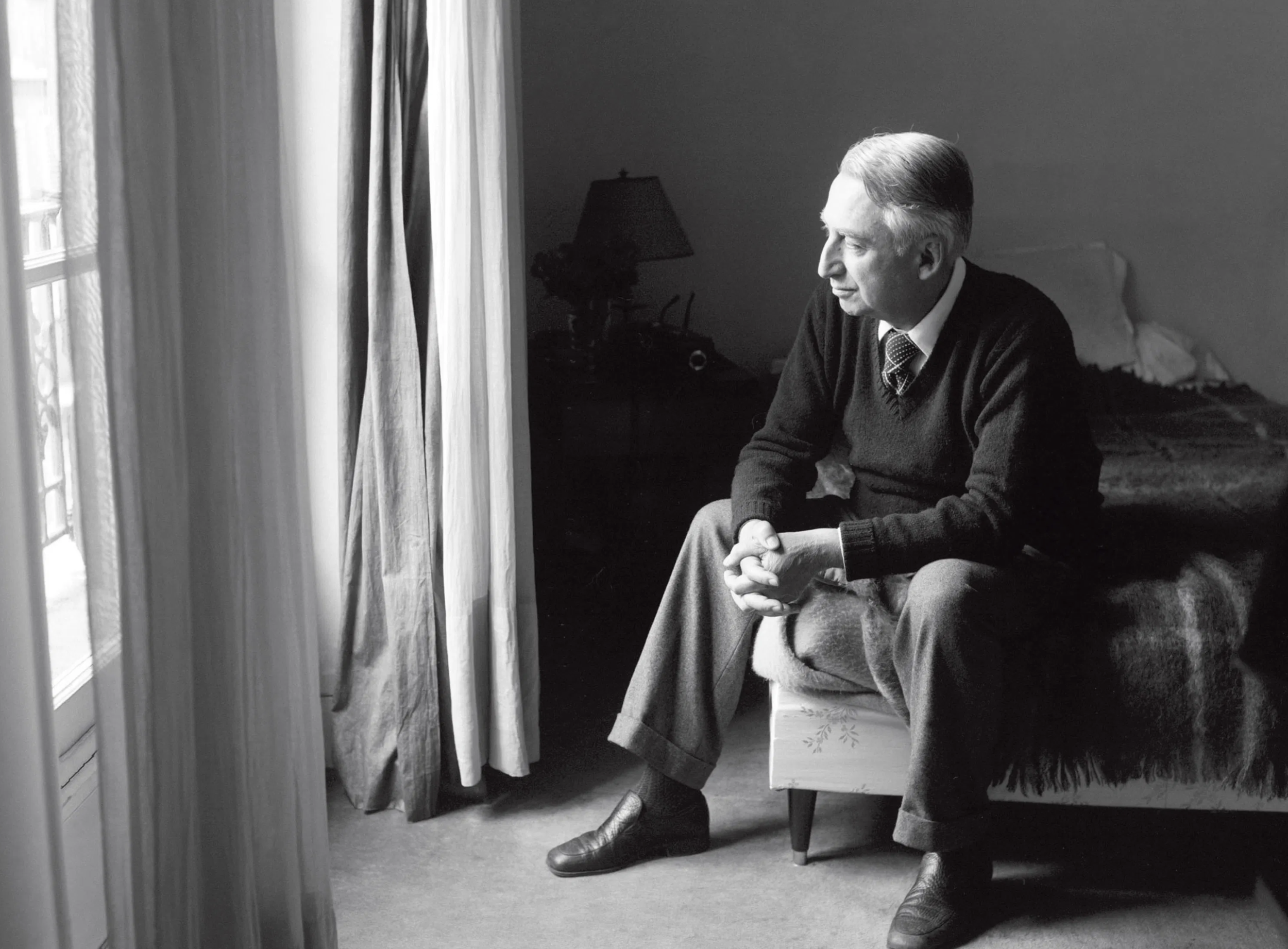Barthes on the Materiality of Writing
This quote from Roland Barthes comes from a long and wonderful article by Ben Kafka in the Journal, West 86th.
"I love to write, and not speak, and when I write it’s by hand, not on a typewriter. Several factors contribute to this choice. First there is a refusal: my body refuses to speak out loud to . . . nobody. Unless I’m certain that another body is listening to me, my voice gets stuck, I can’t get it out. If, in a conversation, I notice that that somebody isn’t listening to me, I stop speaking, and it is simply beyond my power to leave a message on an answering machine (I don’t think I’m alone in this). Voices are made to reach out to the other; to speak alone, with a tape recorder, strikes me as terribly frustrating. My voice is literally cut off (castrated). There is nothing to be done, it is impossible for me to be on the receiving end of my own voice, which is the only thing the tape recorder has to offer me. My writing, meanwhile, is immediately destined for everybody. Its slow pace protects me: I have the time to dangle the wrong word from the tip of my pen, the word that “spontaneity” never ceases to generate. There is a great distance between my head and my hand and I take advantage of it in order to avoid saying the first thing that comes to me. Finally, and this is probably the real reason, the challenge of tracing words on paper has a truly sculptural jouissance [une véritable jouissance plastique]. If my voice brings me pleasure, that is only out of narcissism. Writing comes from my muscles. I abandon [jouis] myself to a kind of manual labor. I combine two “arts”: the textual and the graphic."
Roland Barthes, “Une sorte de travail manuel,” in Oeuvres complètes, ed. Eric Marty, 5 vols. (Paris: Seuil, 2002), 5:392–393. Originally published in Les nouvelles littéraires, March 3, 1977.

